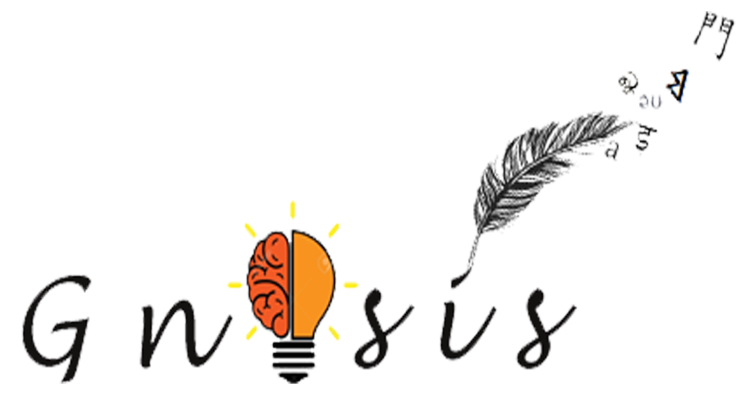It so happens, that all of us, especially at the age of adolescence when everything is more bright or dull, face the evils of Influence. It happens unconsciously, everywhere all the time without our realization. We catch up on phrases or slang that our friends use, we start to mimic the way they speak, we start abusing often or maybe start biting our nails just because our best friend does it. It’s all very usual and mostly goes unnoticed. But then comes the evil that creeps in along with all these: the vices. You learn to smoke cigarettes that you once used to despise, you smoke weed and drink all kinds of alcohol that your favorite actor/actress does or maybe you get involved in drugs or rackets. You do it because you re influenced so much by everything around you and rightfully said, the things you read and company you live with has the power to practically shape you. You do it because your friends force you for one sip or one puff, they laugh and joke on you when you deny. You feel like you don’t fit in. It’s normal to want to fit in; everyone desires to feel a sense of belonging. So you follow them but what you know and still choose to ignore is that all of this consumes you, not just physically, but emotionally and mentally on a whole higher level than you believe.
We ubiquitously assimilate everything that is around us, which means, we as humans tend to absorb everything that is around us all the time. How are you to imagine anything if the images are always provided to you? We double-think, which means, having two opposing beliefs and believing that both are true. We deliberately believe in lies while knowing that they are false. For example, we need to smoke to relieve from stress, or that getting high will help escaping the world, or being famous and fashionable and thin, or that doing what the crowd does will make us look cool and we will be accepted. We are feeded that women are whores, things to be screwed, shamed. This is a marketing holocaust and so to defend ourselves from assimilating this dullness into our minds, we must learn to read, to stimulate our own imagination, to cultivate our own consciousness our own ethics and beliefs.
1% of young women are “completely” happy with their body. Each day 6000 children under the age of 18 start smoking. 1 suicide occurs every 40seconds. 1 in 4 women and 1 in 10 men suffer from depression. All of these because of the flames of influence of the things that are shown and beliefs feeded.
No one can be transformed magically into a ‘good’ person; ethical practice is a deliberate effort. Those who accept this must reflect dispassionately upon their conduct; against the grain, they must develop those positive skills through which mind’s humane possibilities may be realized. Be assertive, be an individual, be a rebel. Because if you don’t control your mind, someone else will.
Riya Pandya
IELTS Faculty at Success Overseas, Anand, Gujarat





